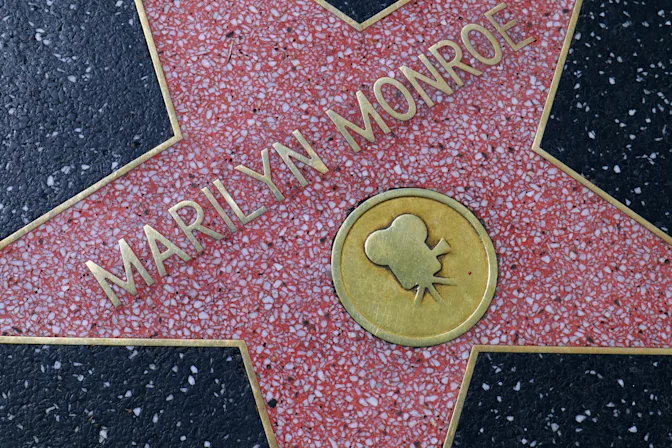
Was Marilyn Monroe's Death Suicide, Murder, or Cover-Up?
Marilyn Monroe's tragic death on Aug. 5, 1962, at the age of 36, shocked the world and left a lasting mystery that continues to captivate public interest. The iconic actress was found lifeless in her Brentwood home, surrounded by empty pill bottles. Officially ruled as a probable suicide, the circumstances of her death have sparked endless speculation. Was it a tragic overdose, an accidental death, or something far more sinister involving powerful figures?
Rise to Fame
Marilyn Monroe, born Norma Jeane Mortenson, began her rise to fame after overcoming a difficult childhood marked by instability and emotional hardship. She entered the world of modeling in 1944 and quickly caught the eye of Hollywood, signing a short-term contract with 20th Century Fox in 1946. Although her early film roles were minor, her performances in "The Asphalt Jungle" and "All About Eve" in 1950 garnered significant attention, paving the way for her breakthrough as a leading actress in the early 1950s. Her roles in hits like "Gentlemen Prefer Blondes" and "How to Marry a Millionaire" solidified her status as a global icon, celebrated for her beauty, charm, and on-screen charisma.

The Official Story: Suicide by Overdose
On that fateful day in August 1962, Marilyn Monroe was discovered lifeless in her Los Angeles home, with an array of empty pill bottles scattered around her bedroom. The initial investigation by Los Angeles authorities concluded that her death was due to a self-administered overdose of sedative drugs, leading to the official ruling of probable suicide. Monroe, who had a well-documented history of depression and mental health struggles, had been under the constant care of a psychiatrist in the final years of her life. The sheer volume of sedatives found in her system pointed to a deliberate act, reinforcing the conclusion that she took her own life.
A Closer Look: Theories of Murder and Cover-Up
Despite the official ruling, many have questioned whether Monroe's death was truly a suicide. Theories quickly emerged, some suggesting that the actress was murdered to silence her, given her alleged affairs with President John F. Kennedy and his brother, Attorney General Robert F. Kennedy. Conspiracy theorists argue that these high-profile relationships may have made Monroe privy to sensitive information, which in turn led to her being targeted. The absence of barbiturate residue in her stomach further fueled these suspicions, leading some to believe that the drugs were administered in a way that would not leave a trace, possibly through injection.
In 1982, 20 years after Monroe's death, the Los Angeles County district attorney's office reopened the investigation, partly due to the persistence of these murder theories. However, after a thorough review, the investigation concluded that there was no credible evidence to support the idea that Monroe was murdered. The findings reiterated that her death was consistent with either an intentional overdose or an accidental one, dismissing the more sinister theories.
The Role of the Kennedys: Fact or Fiction?
The potential involvement of the Kennedy brothers in Monroe's death remains one of the most discussed aspects of the case. Speculation about a cover-up gained traction after Monroe's housekeeper, Eunice Murray, claimed in a 1985 interview that Robert Kennedy had visited Monroe on the night of her death and argued with her. This late revelation added fuel to the conspiracy theories, even though Murray's reliability has been questioned. Despite these claims, there is no solid evidence linking the Kennedys directly to her death. The FBI files released decades later did not reveal any investigative action on these murder allegations, despite acknowledging their existence.
The death of Marilyn Monroe remains one of Hollywood's most enduring mysteries. While the official cause of death is listed as a probable suicide, the circumstances surrounding her demise continue to invite speculation. Whether Monroe's death was a tragic result of her own actions, an accident, or something more sinister, her story has clearly become a symbol of the dark side of fame and the complex interplay of power in Hollywood.
References: Why Marilyn Monroe's sudden death still evokes mystery, questions 60 years later | This Day in History, 1962: Marilyn Monroe is found dead























